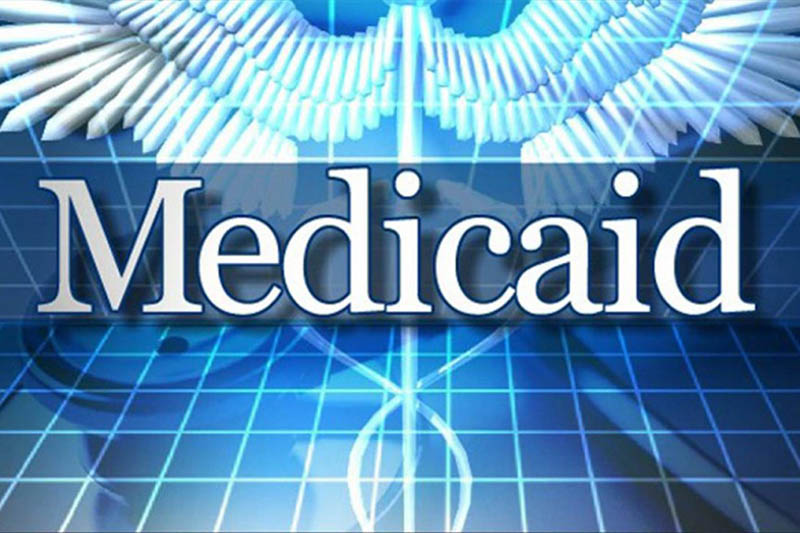From NBCNews.com —
“This is a quick enough shock that it could be a huge financial burden on Medicaid systems across the states,” one researcher said.
Andrew Parys, 36, said he didn’t pay off his prosthetic leg at the end of March as planned because he didn’t know whether he’d be able to afford groceries. He worked as a bartender in Hershey, Pennsylvania, until the coronavirus pandemic shuttered the business last month, leading him to be one of the millions of Americans who signed up for unemployment over the past two weeks.
While Parys’ employer maintains his health insurance for now, he expects to lose it soon. His fiancée, Tara Delutis, 31, meanwhile, was furloughed from her job managing a spa and lost her coverage. That leaves her with few options to treat her fibromyalgia and endometriosis. Now both are worried they won’t be able to pay their medical bills without health care coverage.
“I can’t believe it’s 2020, we live in the richest country in the world and we have to be under so much stress about health care,” Parys said.
More than 156 million Americans depended on their employers for health insurance before the pandemic. But now, with almost 10 million people filing new unemployment claims over the past two weeks, an estimated 3.5 million workers likely lost their employer-provided health insurance, according to a study from the Economic Policy Institute.
Financial burden for health care ahead
In response, an overwhelming number of people are expected to sign up for Medicaid, the state and federal program that provides more than 70 million low-income people with health care coverage — imposing a new financial burden that will push Medicaid to the breaking point.
Washington state has gotten a significant increase of about 35,000 new applications over the past 10 days, the Washington State Health Care Authority told NBC News. The Michigan Department of Health and Human Services said 12,000 more applications have been submitted over the past week than a month ago.
If unemployment continues to grow, an additional 10 million to 20 million Americans could enroll in Medicaid and millions could live without coverage altogether, a study published on Friday found. Insurance provided by employers could drop by 11 million to 23 million.
“You definitely see in the data that as unemployment goes up, the Medicaid rolls go up,” said Josh Bivens, the Economic Policy Institute’s director of research. “That’s good, and it’s supposed to happen: It’s a safety net. But this is a quick enough shock that it could be a huge financial burden on Medicaid systems across the states.”
When unemployment rose by 1 percent during the recession, health care professionals assumed that meant 1 million more people applying for Medicaid, experts said. Because the passage of the Affordable Care Act in 2010 allowed states to expand Medicaid and cover more people, the number — and the financial burden — is expected to be much higher this time.
The 14 states that didn’t expand Medicaid, however, will likely have a more difficult time paying for care because they don’t have access to the same amount of federal money as those that did.
…
…

